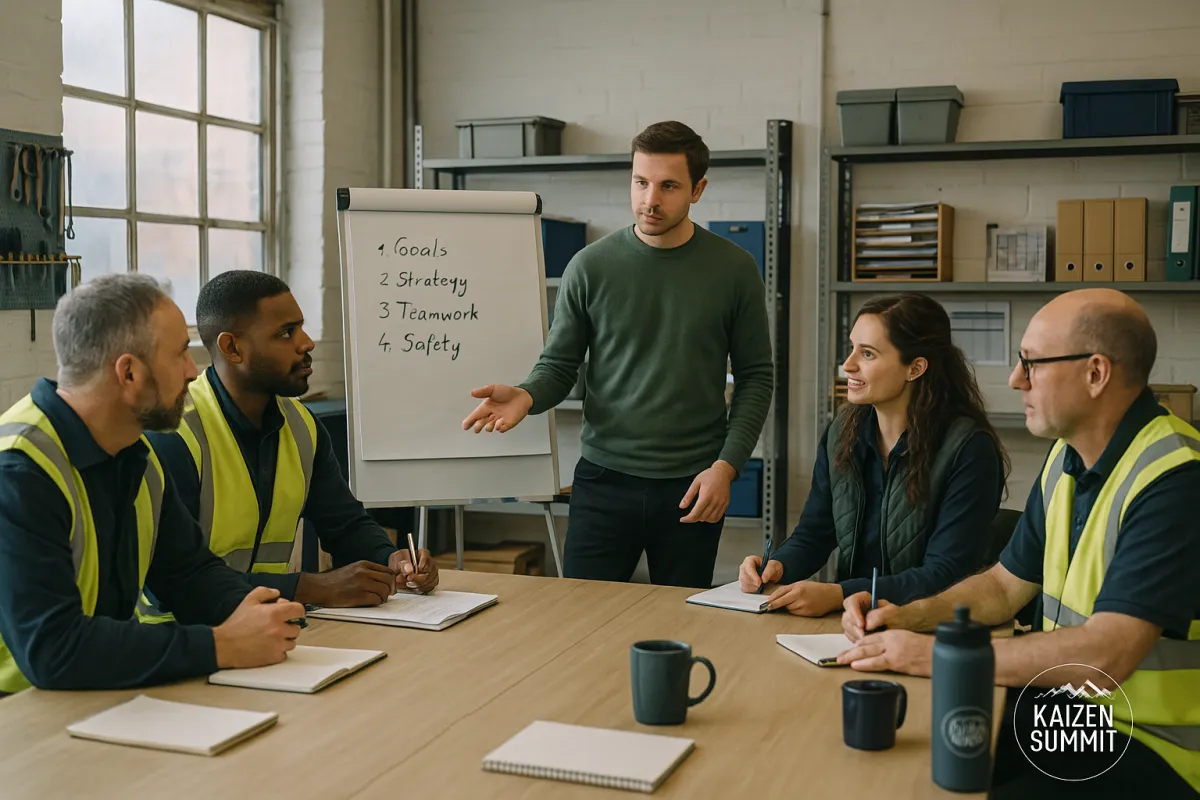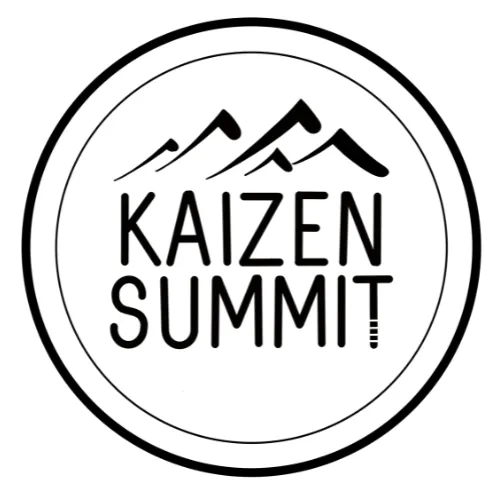
Team Building Is Ownership
Team Building Is Ownership
Team building isn’t an event. It’s a discipline.
Strong teams aren’t built through icebreakers or away days. They’re built in the small moments, under pressure, during setbacks, and through consistent actions that reinforce trust, direction, and shared responsibility.
At Kaizen Summit, we believe leadership and team culture are built the same way: with ownership.
1. Lead Every Day, Not Just at Events
Team building doesn’t start with offsites. It starts with how you show up on a normal day.
Each task, conversation, or shared challenge is an opportunity to build trust. When leaders take ownership of these daily interactions, by listening, by showing respect, and by staying present, they reinforce a standard.
That’s Community Connection. That’s Extreme Ownership in practice.
2. Own the Mission First
A team that doesn’t understand the mission cannot succeed. Leaders are responsible for making that mission clear.
That means defining who is doing what, when, and why. It also means making time to understand how each team member views the objective. Without that, alignment won’t happen.
This is Structured Guidance, clear communication, built on trust.
3. Switch Roles, Share Perspective
Leadership is not about always being in charge. It’s about knowing when to lead and when to follow.
Strong teams rotate responsibility. They learn from each other. Senior leaders step back. Junior team members step forward. Departments collaborate across lines. This is how you break silos.
And it sharpens Skill Mastery across the team.
4. Use Pressure to Grow
Challenges reveal character. When you introduce difficulty into a task, on purpose, you give the team a chance to grow.
Not recklessly. But with control. Use real challenges to reinforce communication, adaptability, and responsibility.
This is Physical Resilience. Not avoiding pressure, but growing through it.
5. Reflect and Apply
Team building without follow-up is wasted time. The work only matters if it changes how the team behaves next time.
That’s why debriefs matter. Not to assign blame. But to ask hard questions. Capture what worked. Name what didn’t. Then assign responsibility for what happens next.
This is Continuous Improvement. The habit of taking action on what you’ve learned.
Team building isn’t something you step into and out of. It’s a leadership habit. You either practise it, or you don’t.
Own your team’s development. Make team building part of how you lead. And reinforce that ownership every day.
Stand up. Show up. Lead.
